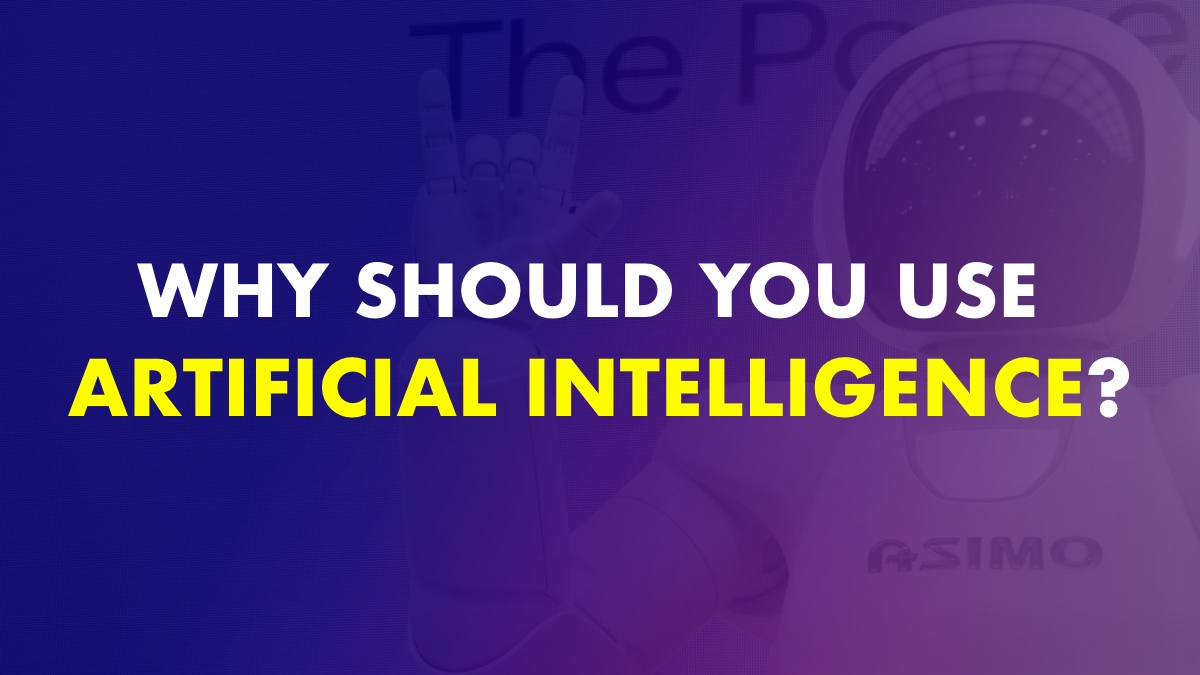“The neural network wrote the script for the film”, “AI will turn your photographs into impressionist paintings”, “Unmanned trams and trains entered the routes in England and China” – until recently such news would seem ridiculous jokes, but today it is a reality.
It causes not only delight but also fear – to be left without work, to fall victim to the uprising of machines. But instead of being afraid, it’s better to learn and adapt. We will tell you why you should master AI and why it is never too late to do it.
Become (or stay) a sought-after professional
Consulting agency calls data the currency of the future. But what is wrong with gold, dollars, rubles? The fact is that from 1997 to 2002, humanity generated more information than all the time before. Every year, people produce 30% more data than the previous year.
Read More: 10 Best Augmented Reality Apps
And in order to cope with such a flow of information, it is no longer just “techies” who need to understand programming and data analysis. Journalists, doctors, sociologists, psychologists, marketers who can automate their work, save time and effort, manage to complete more tasks and, as a result, receive higher salaries.
If you are looking to secure your future by getting skilled in Artificial Intelligence, check out AI Courses that will help you master AI end-to-end.
Space for creativity
While most people are used to dividing everyone into physicists and lyricists, humanities and techies, there are many opportunities to realize the creative potential in working with artificial intelligence.

The tasks that specialists have to solve, as a rule, do not have a single correct solution. So here the focus is not so much on convergent thinking, familiar to us from mathematics lessons, but divergent thinking, which we often encounter in literature lessons. I’m sorry, what? Let’s figure it out:
- Convergent thinking is about finding the only right answer.
- Divergent thinking is needed when there may be several correct answers or none at all.
Automation and data analytics are needed in a wide variety of areas, so you can safely choose the industry that suits your taste best. In medicine, you need to train algorithms to diagnose diseases. Automotive giants are actively developing self-driving cars, so you simply cannot do without specialists in computer vision.
Cinephiles and music lovers can combine their passion with work by creating recommendation systems for streaming services. Passion for languages and linguistics can come in handy in creating algorithms for machine translation, speech or text recognition.
Easy to start and continue
While the phrase “master AI” sounds like a superpower from the future, you don’t need to have a supercomputer with incredible processing power at home. You can hire artificial intelligence developers to hep you with some questions. You can even get to grips with the basics of machine learning and data analysis on a simple laptop. Here’s a rough plan of action:
- Make sure that there are no problems with the school curriculum in mathematics and it does not cause rejection.
- It is especially important to thoroughly understand linear algebra, probability theory and statistics.
- Solve several typical tasks that specialists usually work on.
Leveling skills
Effective communication is the key to productive work. The stereotype of a programmer as a self-contained “nerd” who only knows how to code is hopelessly outdated. Analysts’ work is full of complex technical terms, nuances and subtleties that they must concisely explain to management.
Is it easy to do it? Hardly. That is why it is important to be able to clearly state your thoughts and explain even the most intricate mathematical constructions in accessible language.
Systems thinking is important because most analysts work in commercial companies, they need to think ahead, assess possible risks, understand business processes in order to optimize them.

